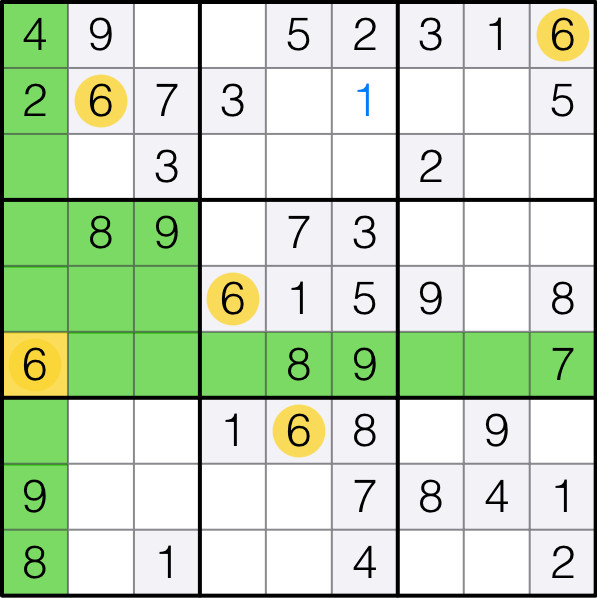
- Commit sudoku origin how to#
- Commit sudoku origin install#
- Commit sudoku origin trial#
- Commit sudoku origin free#
Whatever our motivations are, we hope that Sudoku puzzles will continue to thrill enthusiasts with its fun and adventure. For other people, exercising their mental capacities is key to a happy life. In one sense, our need to add order to our lives draw us to the game. The answer may lie in the fact that the game seeks to organize things. One wonders why the Sudoku puzzle has captivated so many people globally. Seven years later, another world Sudoku Championship was held in Beijing. Nowadays many newspapers around the globe include Sudoku puzzles in their pages, In 2006, the first Sudoku Championship was held in Italy. Over the next decade, Sudoku puzzles rose to global recognition. In the United States, The Conway's Daily Sun also featured Sudoku puzzles. The first newspaper to do so was The Times London. In 2004, major newspapers started featuring Sudoku puzzles in their dailies. This feat took about 6 years of dedicated work.
Commit sudoku origin how to#
He later discovered how to make computer-generated Sudoku puzzles. In 1997 during a vacation in Tokyo Wayne was fascinated by the Sudoku enthusiasm he saw amongst the Japanese people, and soon became a Sudoku enthusiast himself. The Sudoku puzzle was revived in the West by the efforts of Wayne Gould, a New Zealand judge.
Commit sudoku origin free#
This pattern of life became popular among workers and began to spread so much that today, people in Japan purchase more than 500,000 Sudoku magazines every month.ĬLICK HERE TO PLAY ENDLESS FREE ONLINE SUDOKU PUZZLES ! CLICK HERE TO PLAY ENDLESS FREE ONLINE SUDOKU PUZZLES ! They worked through the puzzles as they go to or return from their workplace.
Commit sudoku origin install#
Commuters were buying newspapers that featured daily Sudoku puzzles. Commit Sudoku Blonque 1+ Downloads Everyone info Install About this game arrowforward Generate an infinite variety of sudokus to solve You'll never be bored again. Historians believed that the need to keep the mind busy while commuting to work made many Japanese fans of the Sudoku puzzle. The Sudoku puzzle became widely popular in Japan after less than a decade from when it was introduced. The name Sudoku implies that "the digits can only occur once on the row or column".

Records state that the Sudoku puzzle was introduced to Japan in 1984. The name Sudoku was given to the game in Japan. Howard Garns published a 9x9 version of the puzzle in Dell newspaper column for games, the puzzle was tagged “Number Place." This was because the earliest versions of the puzzle came in numbers. This led to the development of the Sudoku puzzle as we see it today. Later, an architect from Indianapolis named Howard Garns added a rule of restraint to the Latin Squares, the rule emphasizes that each number or symbol can only appear once in the given space. These squares were used to solve statistical problems. The Latin Square ensures only one number or symbol can appear once in each column or row.

History has it that a Swiss Mathematician, Leonhard Euler, in the 18th century developed what he called "Latin Squares". Learn what these puzzles were known as before they acquired their now-ubiquitous name, here.Many people would think the Sudoku game originated from an Asian country, Who will not think so when you go by its name? Sudoku is pronounced soo-doe-Koo. With your Sudoku knowledge established, consider the origins of the crossword.
Commit sudoku origin trial#
It was even discovered in an Australian jury trial that instead of listening to evidence a number of the jurors were playing sudoku. Now there are sudoku competitions across the globe, and variations of the puzzle often appear side-by-side the crossword puzzle in newspapers and magazines. The name “sudoku” is abbreviated from the Japanese suuji wa dokushin ni kagiru, which means “the numbers (or digits) must remain single.” They were a huge hit, but it took almost another two decades for the game to capture the interest of players around the world. In 1984, a Japanese publisher began distributing sudoku. The more recent origin that launched the sensation seems to be the “Number Place” puzzles that were published by Dell Puzzle Magazines in the 1970s. Sudoku is similar to types of European puzzles that were played in the 18th century known as magic squares, among other names. (Don’t confuse the word “sudoku” with “sodoku,” which is a bacterial zoonotic disease known as “rat-bite fever.” Basically, sodoku has more in common with the Ebola virus than any puzzle game.) But the modern game of Sudoku as we recognize it today was invented by Howard Garns, a freelance puzzle inventor from Connersville, Indiana, USA in 1979 when it was published in Dell Pencil Puzzles and Word Games magazine.

Are you passionate about Sudoku? The number puzzle is so popular that its origin and the meaning of its name deserve some attention. The history of Sudoku dates back to an 18th Century Swiss mathematician’s game called Latin Squares (according to this article from the Economist) and some of the first number puzzles to appear in newspapers were published in France in 1895.


 0 kommentar(er)
0 kommentar(er)
